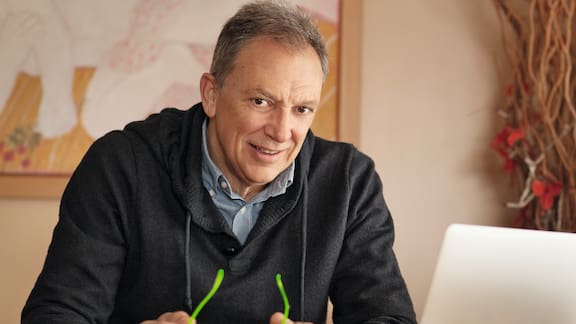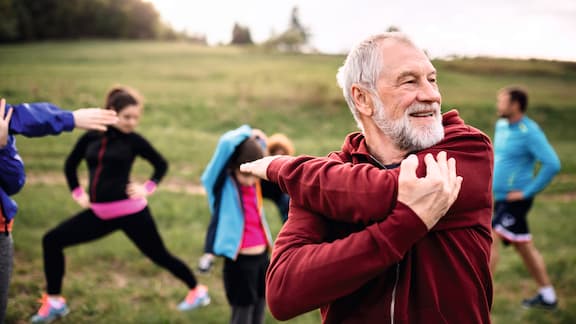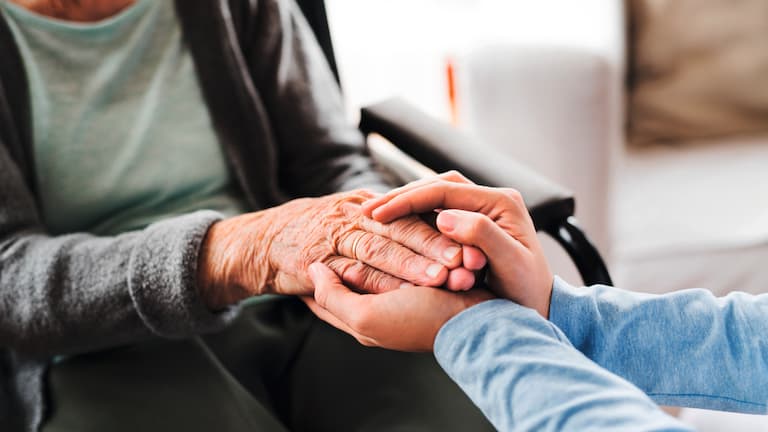
Only active senior citizens reduce costs
The elderly should be able to actively go about their everyday life and not simply be kept safe. OAPs who are physically fit and take good care of their body not only actively participate more and enjoy life but also save care homes and the state thousands in expensive care-givers' hours, according to Prosalikas' philosophy. There is certainly room to expand this range of services.

For persons of pensionable age in Greece, and indeed throughout the EU, he demands publicly financed training and fitness programs. Prosalikas is convinced that the cost of such programs would be recuperated several times over as measures like this would 'improve the general state of health of the elderly, both physically and psychologically'. This is taken directly from the brochures published by the care home run by the Greek expert. 'Nine out of ten elderly persons could continue to live active lives within their own four walls and do not need to be admitted to a care home', he believes. Programs involving simple 'active ageing' exercises are necessary because 'the elderly lose a large proportion of their muscles over the course of decades. They need a daily program to remain healthy and nimble'. That's why he sets a good example and promotes exercise among the elderly in all its forms: 'In our home, we do everything possible to ensure that not only our treatment and physiotherapy but also our daily diets, exercises and activities are tailored to the needs, wishes and physical fitness of our residents'. It is an open secret that regular training not only preserves cognitive capabilities and a fit and healthy body for longer but also assists in preventing the onset of cardiovascular disease. Particularly in future, a holistic approach to promoting bodily health is an important factor for European societies.
Nine out of ten elderly persons could continue to live active lifes within their own four walls and do not need to be admitted to a care home.
Exercise and sport promotes active ageing

How that works out in practice is demonstrated by a visit to his care home on the outskirts of Athens. To start with, the design of the lobby is friendly and inviting. Moving on, the visitor next encounters a combined reading and fitness room on the ground floor. The 'active' room contains a specially designed walking course encircled by a rugged steel railing. Right next to it is a leather-upholstered bench with weights on small pulleys. Even to the unaccustomed eye, this is obviously fitness apparatus – in this case for the more able-bodied elderly persons wishing to train the muscles in their abdomen and back. Further pieces of equipment complete the collection. This room is precisely where Prosalikas employs specialists: 'Thanks to our experienced physiotherapy team and modern apparatus, we achieve the best kinetic improvement and enhance the vitality of residents'. Many other special features and projects make his home a hive of activity. Equipment such as that in Stelios Prosalikas' care home to ensure that the elderly residents exercise and train on a daily basis promotes health and well-being and is undoubtedly an approach which could be adopted by many homes, not only in Greece, to increase the quality of life and as a contribution towards solidarity with the elderly.
This article is part of our customer magazine "PROconcept". Feel free to download the digital version of the magazine.
